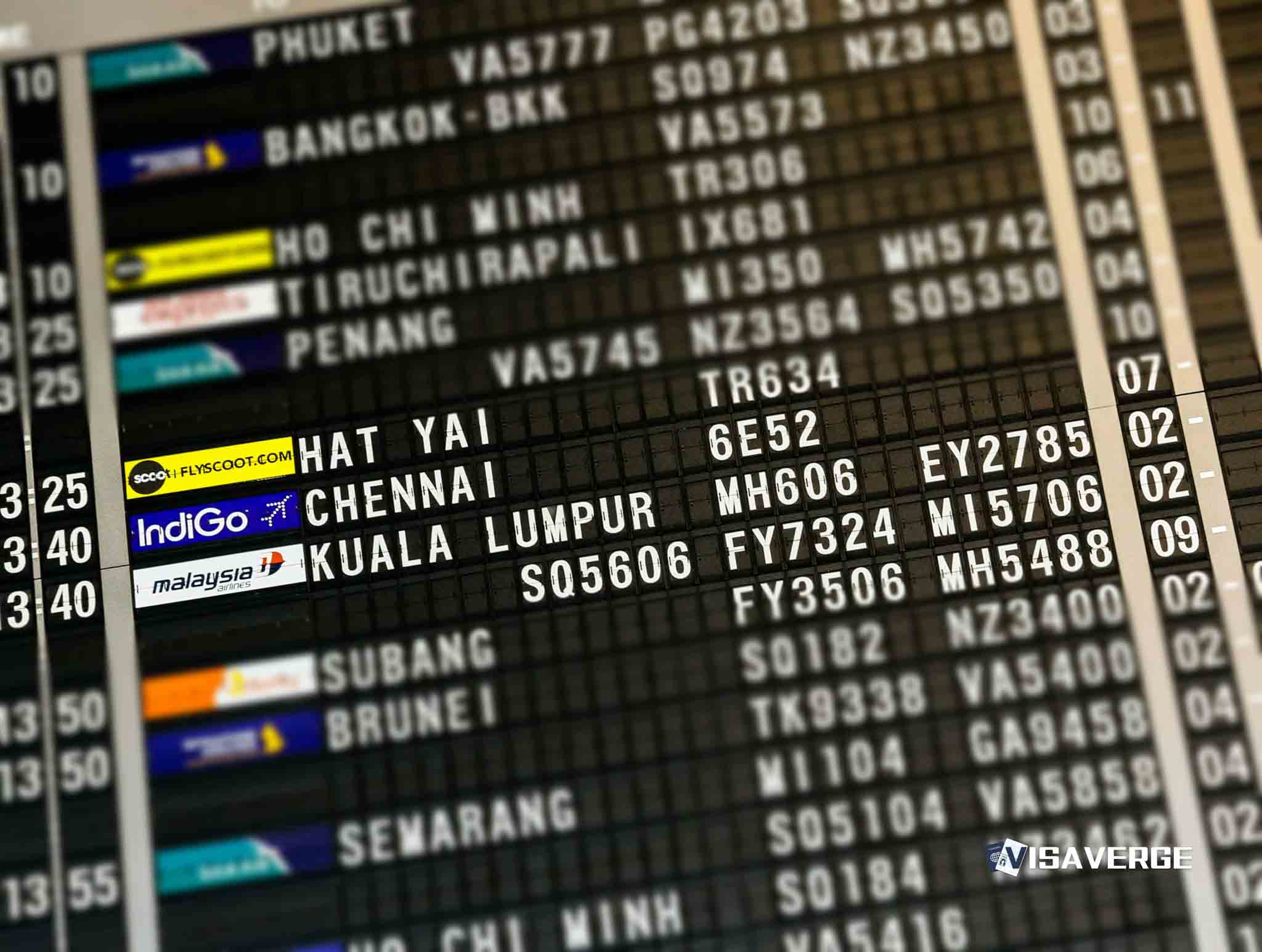A Windrush victim has been allowed to return to the UK after 28 years away, a stark marker of how slowly justice has moved since the Windrush scandal broke in 2018. The case comes as the government rolls out new support and oversight in 2025, including the £1.5 million Windrush Compensation Advocacy Support Fund (WCASF) launched in April and the June appointment of Rev Clive Foster as Windrush Commissioner. Ministers face a September deadline to report to the UN Committee on the Elimination of Racial Discrimination (CERD) on progress, with campaigners watching for concrete change.
As of February 2025, official figures show the scale of the challenge. The Home Office had received 9,848 claims and made 9,165 decisions. Of those:
– 8,398 were found eligible.
– Only 3,025 of eligible claims led to compensation offers — a 36% success rate among eligible claims.
– 5,373 were ruled to have zero entitlement.

These numbers have deepened frustration among many Windrush survivors and family members who expected a fairer, faster process.
New support measures and oversight
The Windrush Compensation Advocacy Support Fund (WCASF) is a three‑year program designed to give each claimant a trained advocate from a trusted community group.
Key roles of WCASF advocates:
– Help people collect records and evidence.
– Explain the process in plain language.
– Ensure personal stories are fully set out in claims.
Government officials say the fund forms part of a wider “Plan for Change,” shaped after talks with more than 20 community organizations serving the Windrush generation.
Alongside the fund:
– The Home Office has re‑established a dedicated Windrush Unit to coordinate the response and push culture change inside the department.
– The appointment of Rev Clive Foster adds an independent voice with a clear brief: track the Lessons Learned recommendations and hold the system to account on fairness and speed.
Stakeholders say the commissioner will be judged on whether he can help lift approval rates and reduce delays for those still waiting.
International pressure remains. In September 2025, the UK is due to update the UN CERD on steps taken to remedy harm, including improvements to the compensation scheme. Advocacy groups see that report as a key test of whether recent measures are more than words. VisaVerge.com reports that campaigners want measurable targets, quicker decisions, and fuller payouts for losses suffered across work, housing, health, and daily life.
Criticism and calls for reform
Critics argue the state has yet to match the scale of harm. Notable points:
– The High Court ruled in 2024 that legal aid does not cover Windrush compensation applications, pushing more people toward community advocates and volunteer lawyers.
– Groups such as the Black Equity Organisation call for a full overhaul of the scheme and delivery of all recommendations from the independent review.
– Political critics, including the Liberal Democrats, press for an end to the “Hostile Environment” policy they say set the stage for the scandal.
The central complaint from campaigners: measures must translate into measurable improvements — faster decisions, fairer awards, and transparent targets.
Who can apply — eligibility
Eligibility is broad but specific. You can apply if you are:
– A Commonwealth citizen who settled in the UK before 1 January 1973, or a descendant of such a person.
– A close family member or a representative of someone who was eligible but has died.
What compensation can cover
Compensation can address many areas of loss, including:
– Employment and lost income
– Immigration fees and legal costs
– Housing problems, including homelessness
– Health care access problems
– Education barriers
– Driving licences and banking
– Daily life disruptions
– Detention or removal
– Extra living costs caused by the scandal
How to apply (step‑by‑step)
- Complete the compensation application form.
- Send it by email to [email protected] or by post (the postal address is listed on the government website).
- The Home Office may ask for more evidence after you apply.
- If your claim is refused or the award is lower than you think is fair, you can ask for a review or appeal.
Official guidance and contacts are available on the UK government website at: https://www.gov.uk/government/collections/windrush-compensation-scheme.
The application form is published by the government; see the form here: https://www.gov.uk/government/publications/windrush-compensation-scheme-application-form.
How WCASF advocates help claimants
The WCASF is intended to make the process less daunting, especially for older people who may not have online skills or who feel uneasy dealing with official bodies after years of mistrust. Community advocates — who reflect the culture and lived experience of the Windrush community — help claimants by:
– Building a clear, documented case with timelines, records, and witness statements.
– Finding old records and framing losses in ways the scheme can assess.
– Explaining outcomes and next steps, including reviews and appeals.
The human cost
Real harm sits behind these files:
– Many people lost jobs, were turned away from the NHS, or were told they were not British despite decades of residence.
– Some were detained or removed.
– Families report long spells of debt, failed rent payments, and poor mental health tied to fear and stigma.
The return of one man after 28 years brings relief but also underscores that lost years cannot be replaced. Fair recognition and timely compensation can still offer some repair.
Outlook and what to expect
Government officials point to the WCASF, the revived Windrush Unit, and oversight by Rev Clive Foster as signs of momentum in 2025. Campaigners respond that justice will be judged by outcomes:
– More fair offers
– Quicker decisions
– Recognition of the full human cost
Those outcomes will face global review in September 2025 when the UK reports to the UN CERD. Advocacy groups are likely to continue legal pressure and public campaigns through the autumn, arguing for:
– Clear targets
– Transparent data
– Independent checks
Practical tips for prospective claimants
Two steps that can help now:
1. Write down your timeline of life in the UK — school, work, taxes, doctors’ visits, housing — even small details can support a claim.
2. Contact a WCASF‑funded community group for advocacy support. Many claimants say an advocate’s help made the difference in finding old records and stating losses in a way the scheme can assess.
The Windrush scandal exposed deep failings in record‑keeping and status checks for people who had every right to live in the UK. The compensation scheme, launched in April 2019, was meant to repair that harm. Six years on, the latest measures in 2025 show a system still adjusting. The return of a man after nearly three decades away is a reminder that while lost years can’t be replaced, fair recognition and timely compensation can still provide some measure of repair.
This Article in a Nutshell
A Windrush victim’s return after 28 years exposes slow progress since 2018. February 2025 figures show 9,848 claims, 8,398 eligible, only 3,025 compensation offers. The £1.5 million WCASF, Windrush Unit revival and Rev Clive Foster’s appointment aim to speed decisions, improve fairness, and support claimants navigating complex claims.








